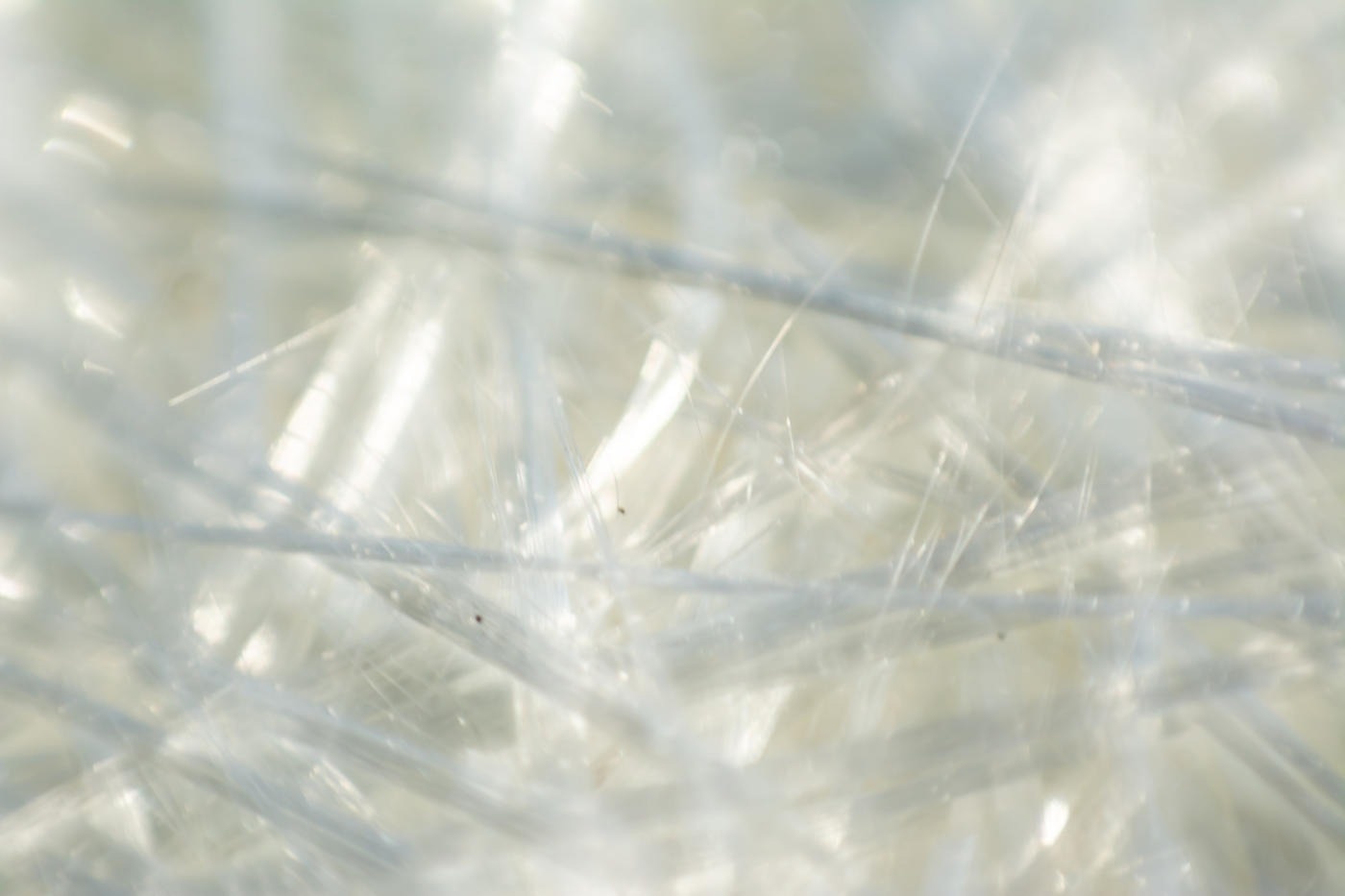Silver retains antimicrobial activity for longer when impregnated with “bioactive glass,” according to researchers at the University of Birmingham, who also demonstrated for the first time how this promising combination provides more long-lasting antimicrobial wound protection than traditional alternatives.
 Researchers investigated the effects of bioactive glass doped with ionic silver on biofilms formed by Pseudomonas aeruginosa, a multi-drug resistant bacterium that easily forms biofilms and is a common cause of infection in chronic wounds. The study showed that specific preparation, storage, and application techniques can minimize the transformation of silver ions to silver chloride and so retain antimicrobial activity. Image Credit: University of Birmingham
Researchers investigated the effects of bioactive glass doped with ionic silver on biofilms formed by Pseudomonas aeruginosa, a multi-drug resistant bacterium that easily forms biofilms and is a common cause of infection in chronic wounds. The study showed that specific preparation, storage, and application techniques can minimize the transformation of silver ions to silver chloride and so retain antimicrobial activity. Image Credit: University of Birmingham
Bioactive glasses are a distinct type of silicone-based synthetic biomaterials that have been employed in bone grafting for some time.
Since many antibiotic-resistant bacterial strains are vulnerable to silver’s antimicrobial properties, silver-based treatments are becoming increasingly common. Silver has long been known to prevent or minimize the development of biofilms (communities of bacteria) in open wounds.
Silver’s ability to penetrate bacterial cell walls and disrupt their life cycle depends on its remaining in an ionic state. However, silver ions or nanoparticles in wound dressings are prone to changing into silver sulfide or silver chloride, which can decrease antimicrobial activity and impede the success of treatment.
Pseudomonas aeruginosa, a bacterium that easily forms biofilms and is a significant source of infection in chronic wounds, is a multi-drug resistant bacterium that was studied to see how it responded to bioactive glass doped with ionic silver.
According to the study, which was published in the journal Biofilm, certain methods of production, storage, and application can minimize the conversion of silver ions to silver chloride and maintain antibacterial effectiveness.
Dr. Sara Jabbari from the School of Mathematics, Dr. John Ward from Loughborough University’s Department of Mathematic Sciences, Dr. Sarah A. Kuehne, microbiology researcher, Dr. Gowsihan Poologasundarampillai, a biomaterials expert, and multidisciplinary Ph.D. student Sandeep Shirgill from the University of Birmingham’s School of Dentistry are among the researchers who contributed to the study that was published in Biofilm.
Bioactive glass, which is already employed as a bioactive degradable graft material, is a field in which the Birmingham team already has a great deal of experience.
The crucial properties of bioactive glass in this application are its fibrous form, which creates a 3D porous structure that is strong and packable, as well as the diameter and density of the glass fibers, which support tissue growth.
The researchers are eager to connect with companies interested in working together or developing solutions for dental surgery or wound care.
Dr. Sam Moxon, a post-doctoral researcher who collaborates with the Birmingham team, has been investigating the application of these cutting-edge materials in dental surgery and wound care.
The team is attempting to advance the material toward clinical approval after he just completed the ICURe (Innovation to Commercialization of University Research) initiative, which was financed by Innovate UK.
Dr. Moxon will present this work on June 21st, 2023 at the UK Society for Biomaterials annual meeting in Belfast. He will also give a keynote address at the Future Investigators in Regenerative Medicine annual conference in Spain in September, where he will discuss his Birmingham research along with the team’s plans to develop their promising novel biomaterials.
Journal Reference:
Shirgill, S., et al. (2023) Silver-doped bioactive glass fibres as a potential treatment for wound-associated bacterial biofilms. Biofilm. doi:10.1016/j.bioflm.2023.100115.